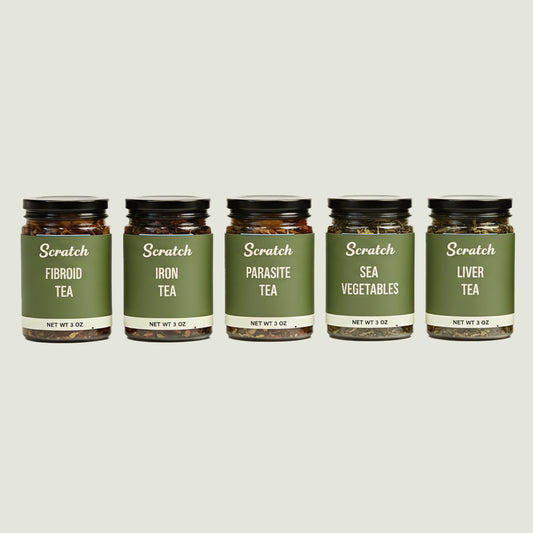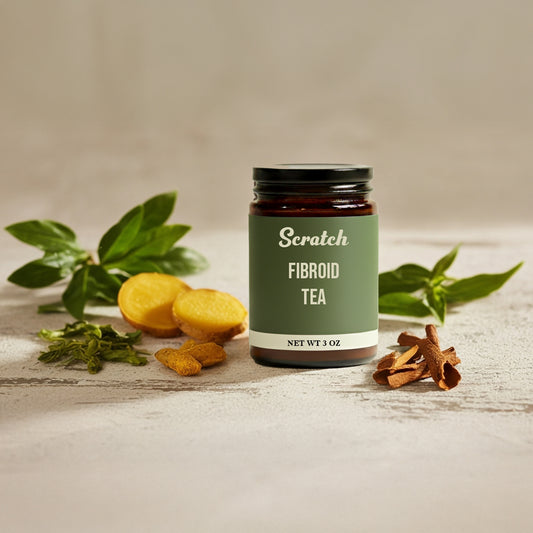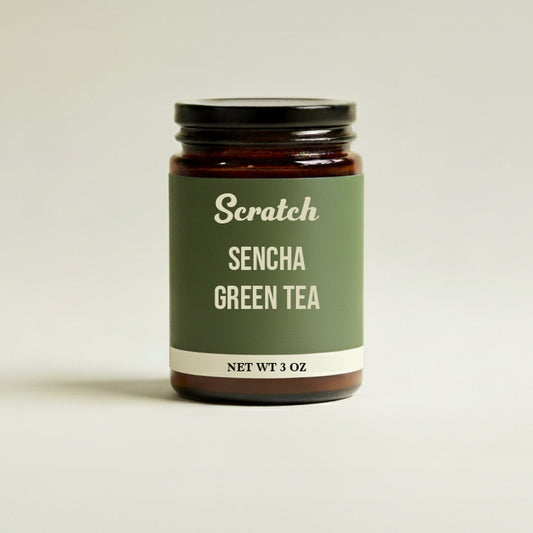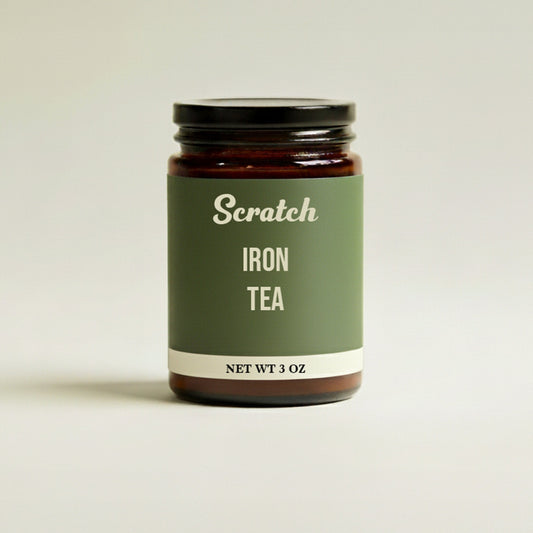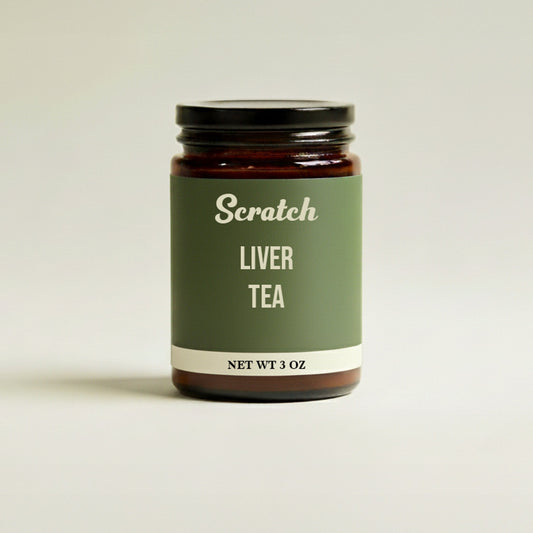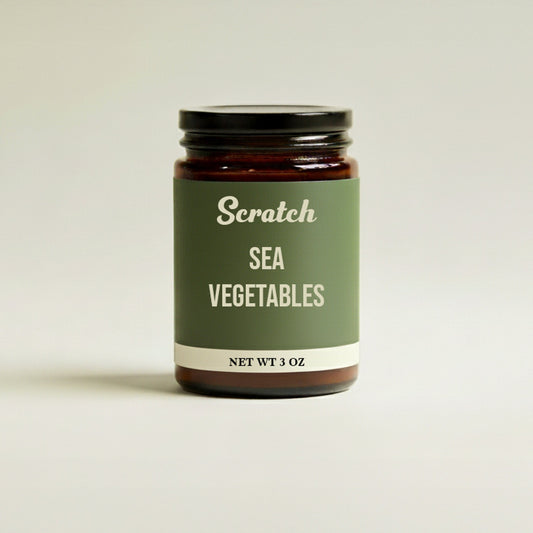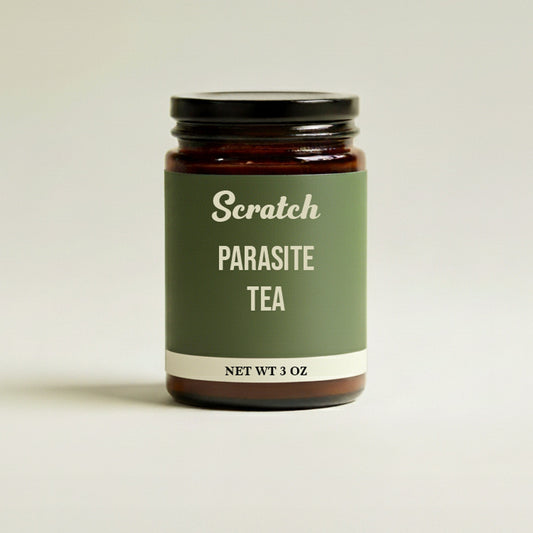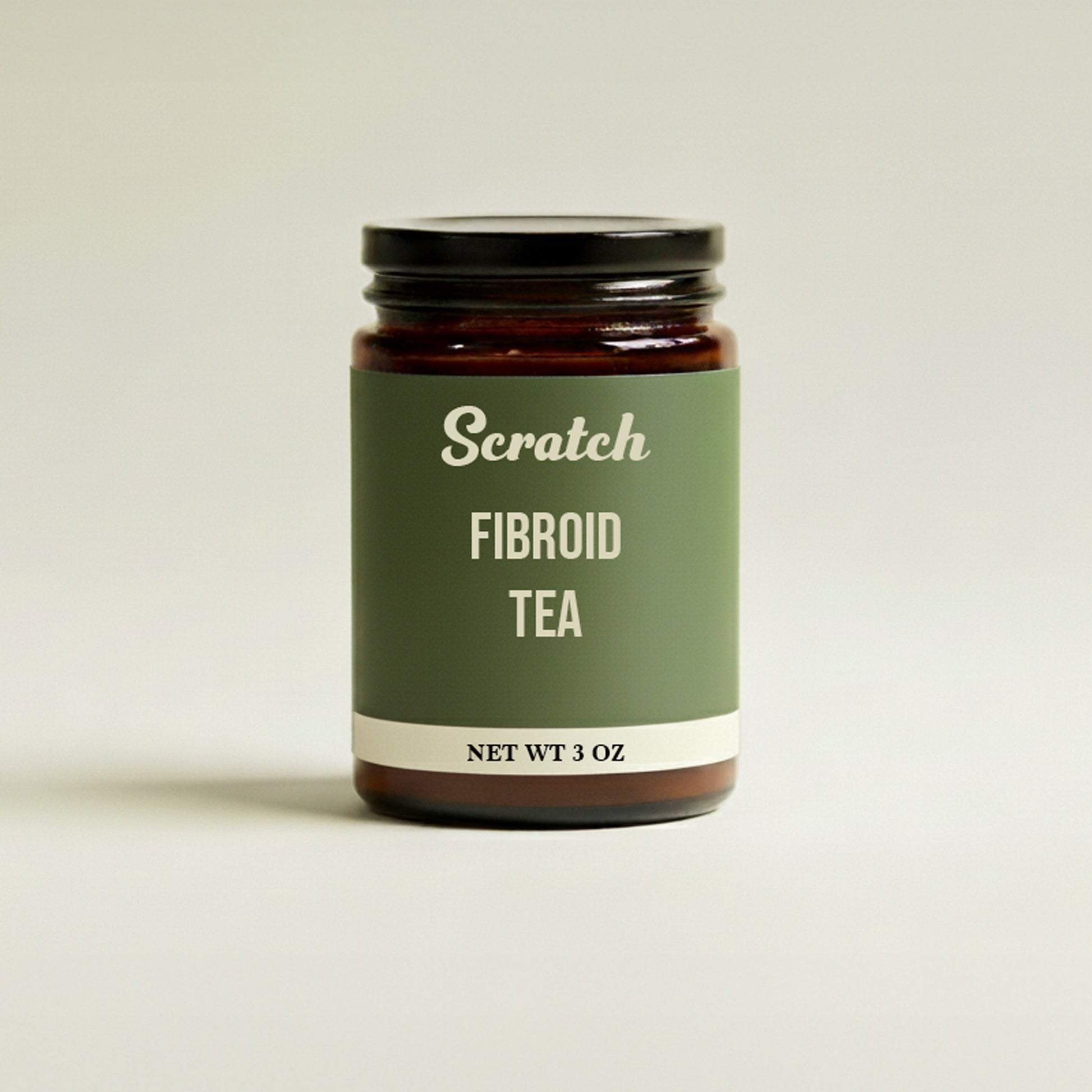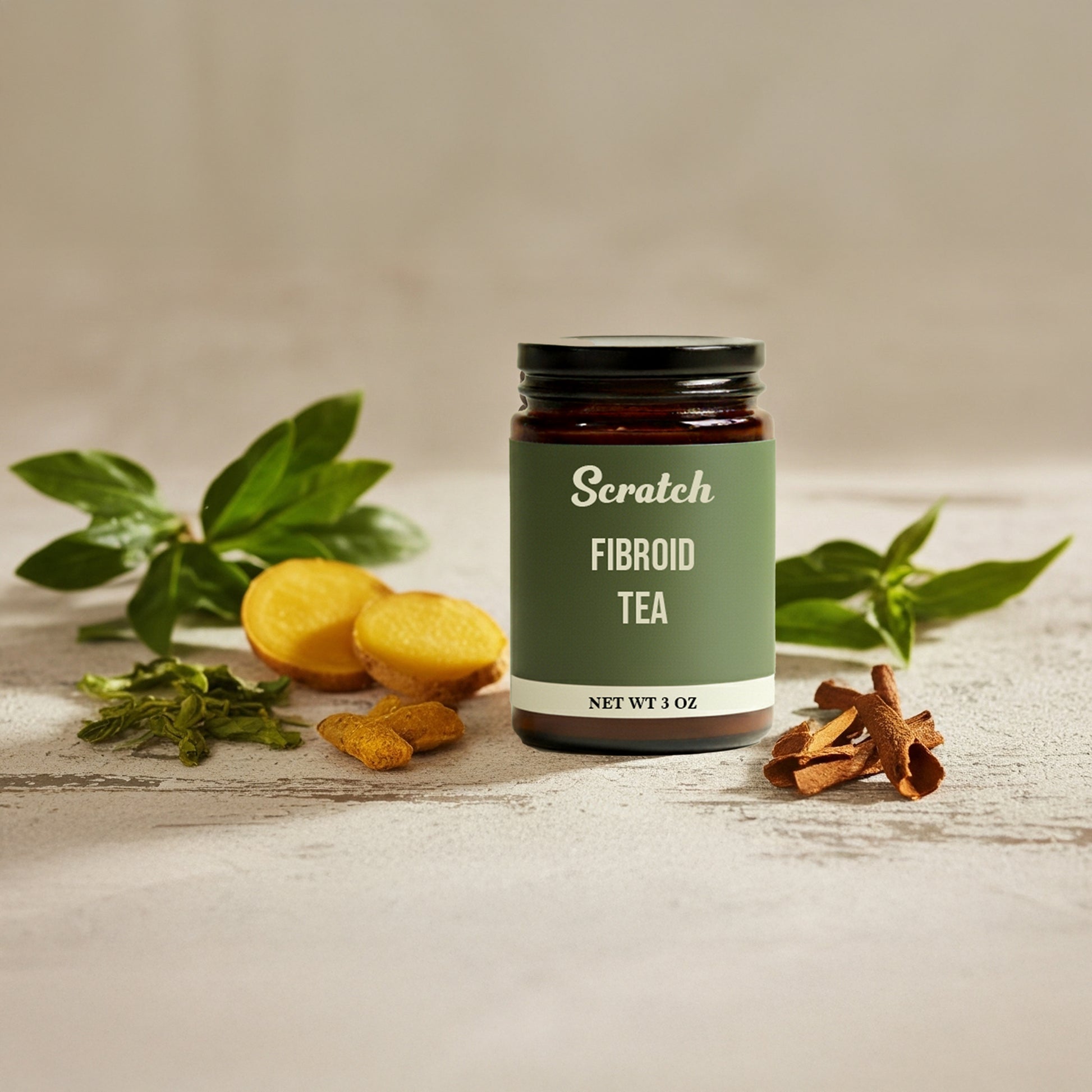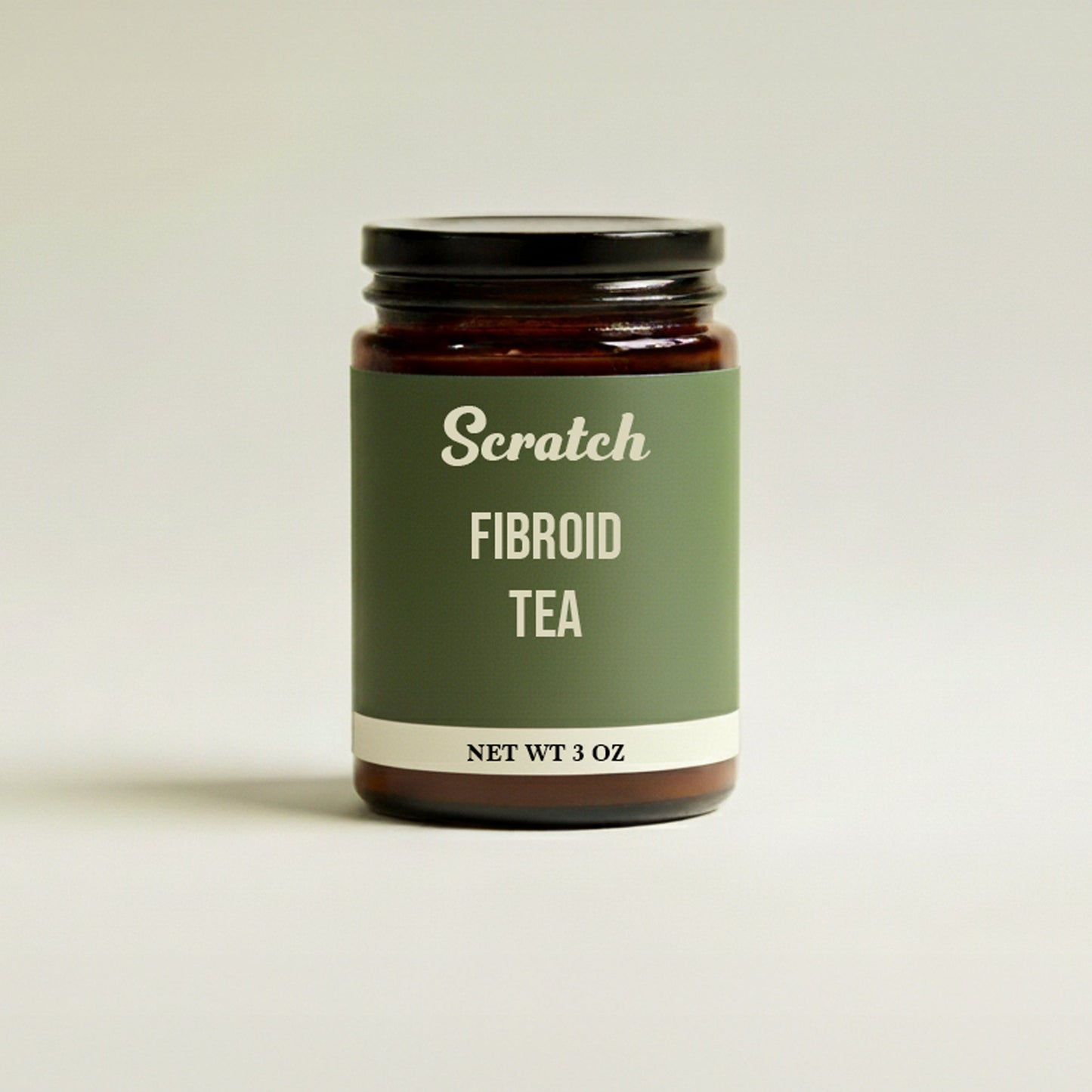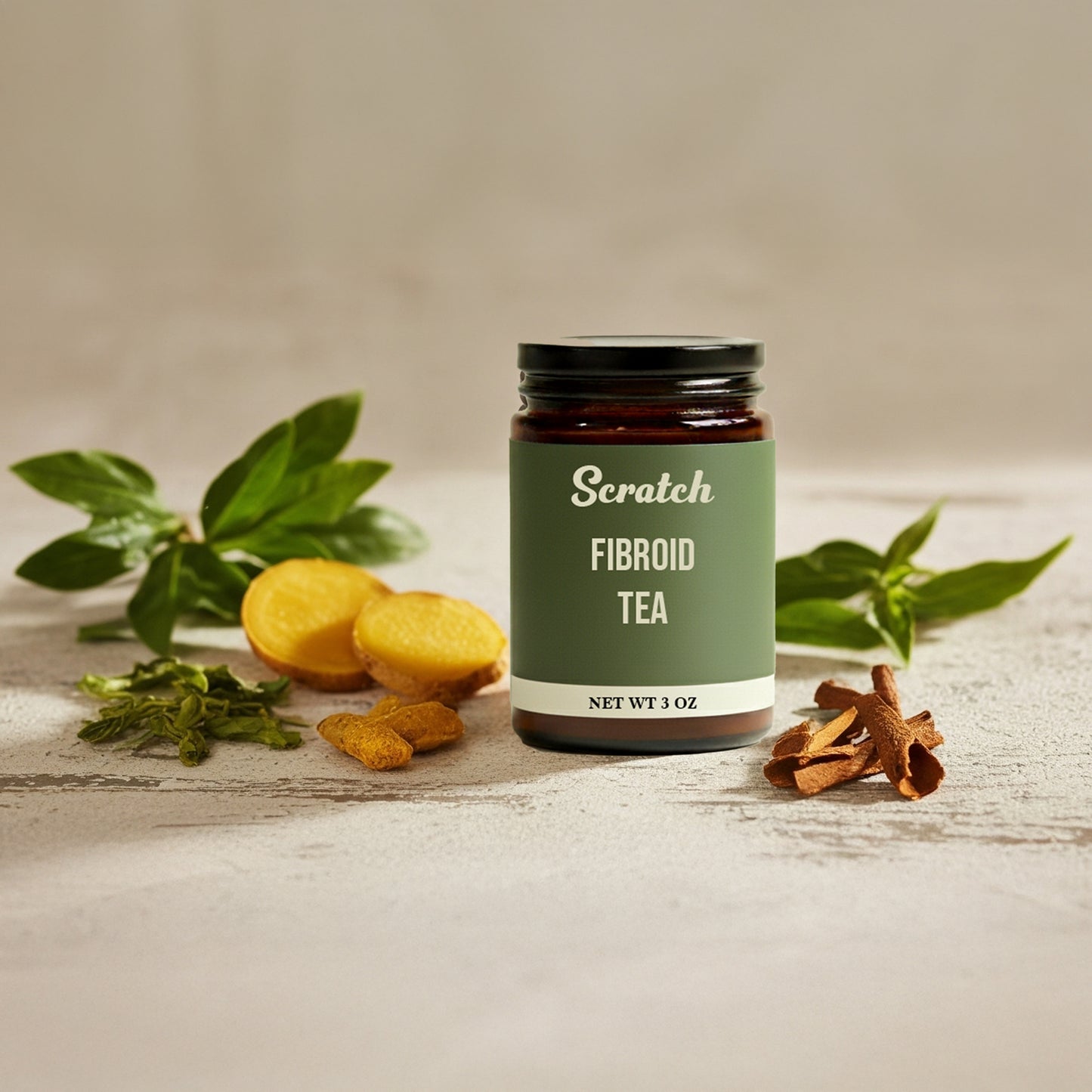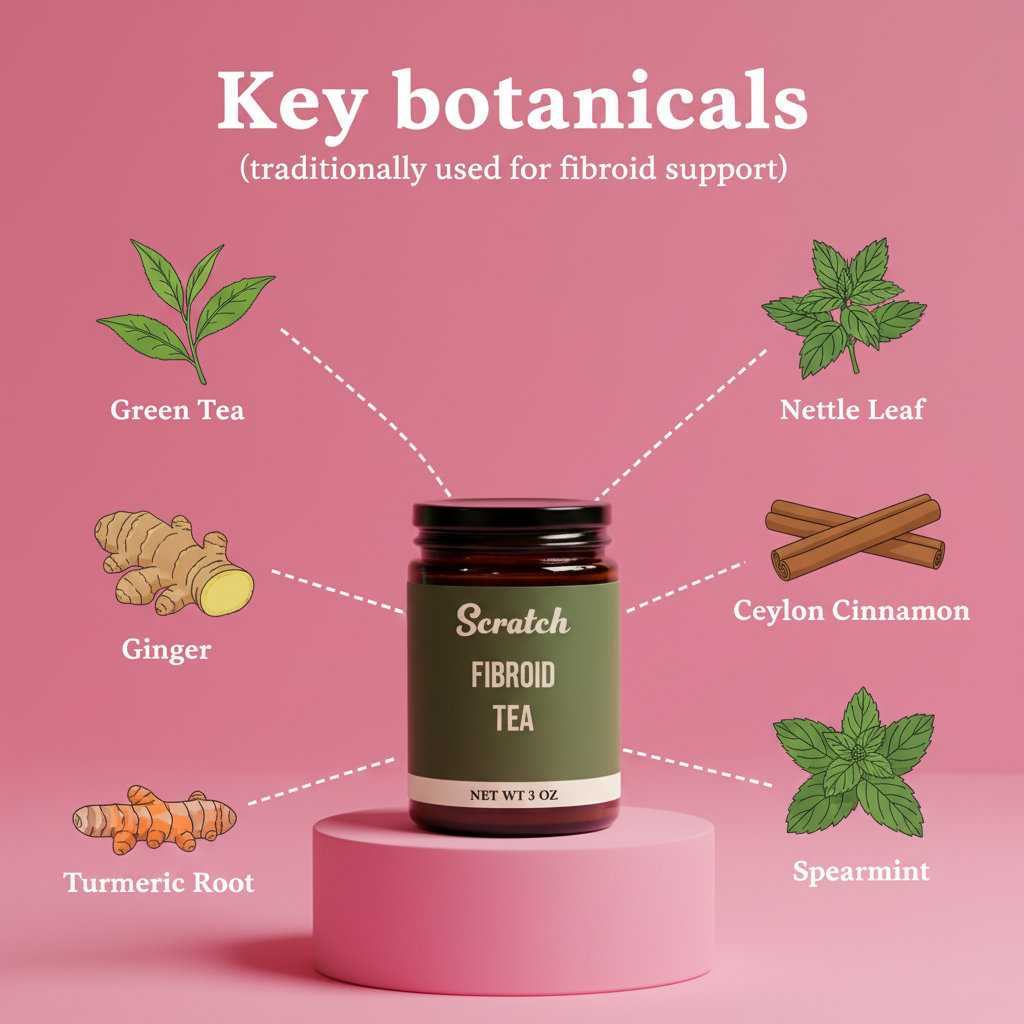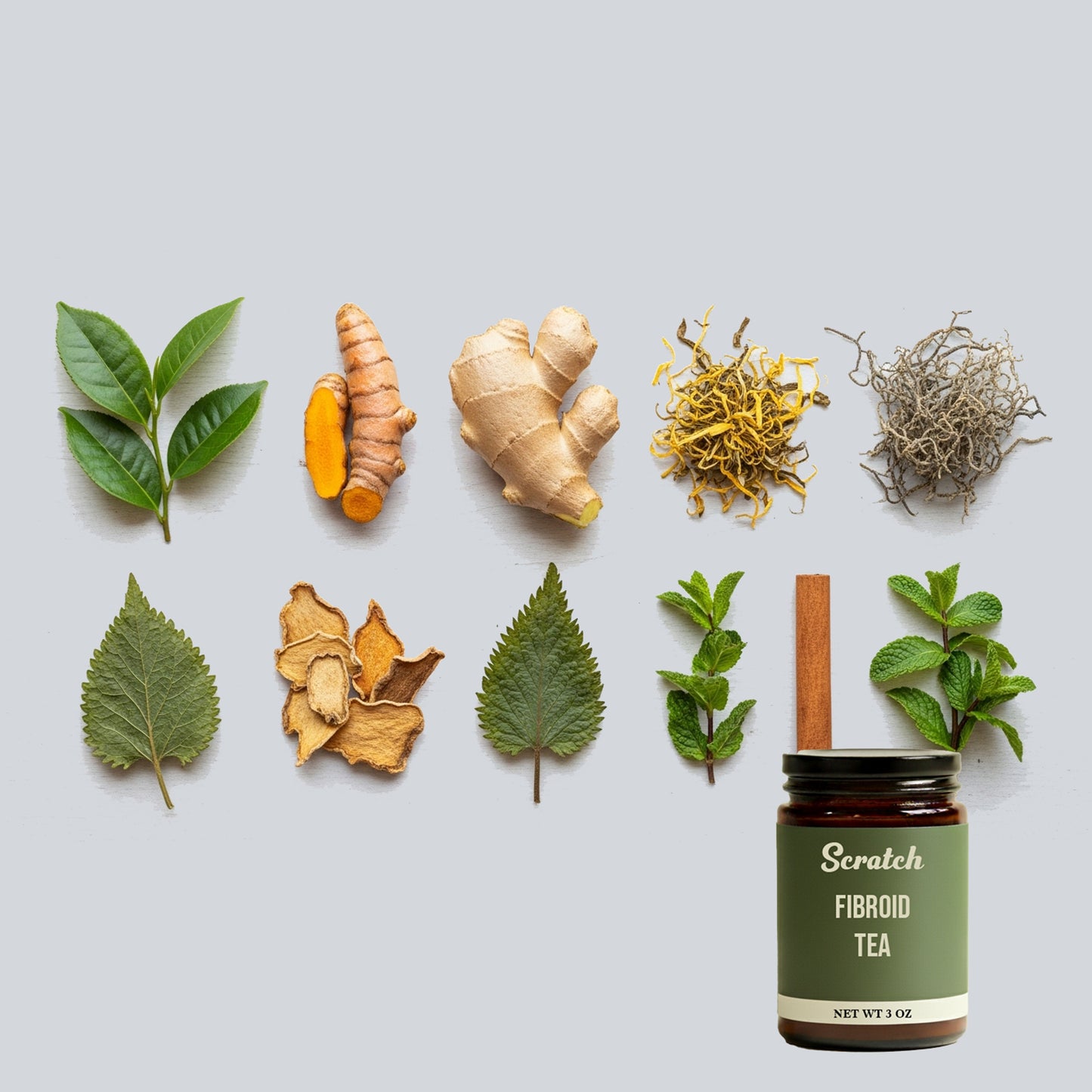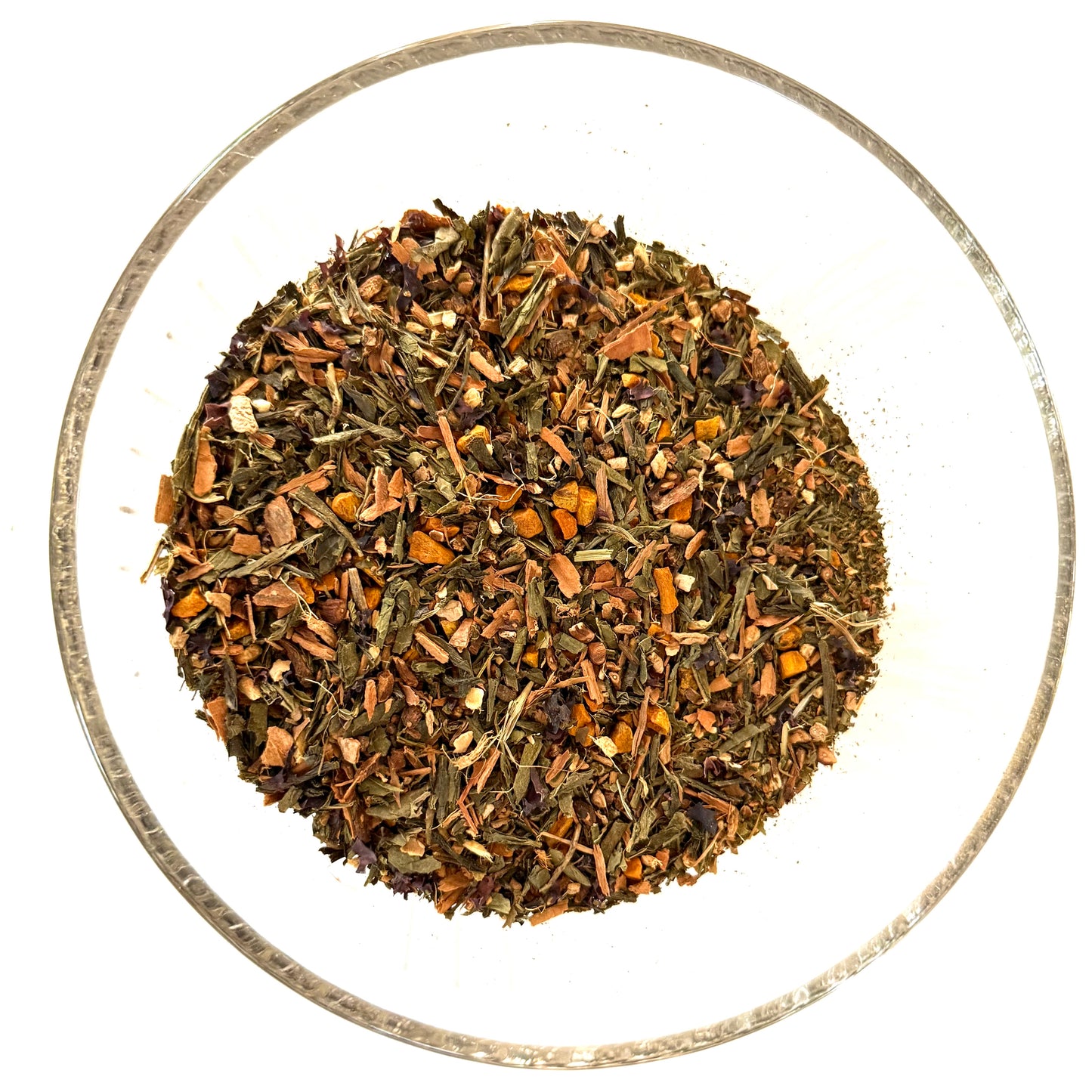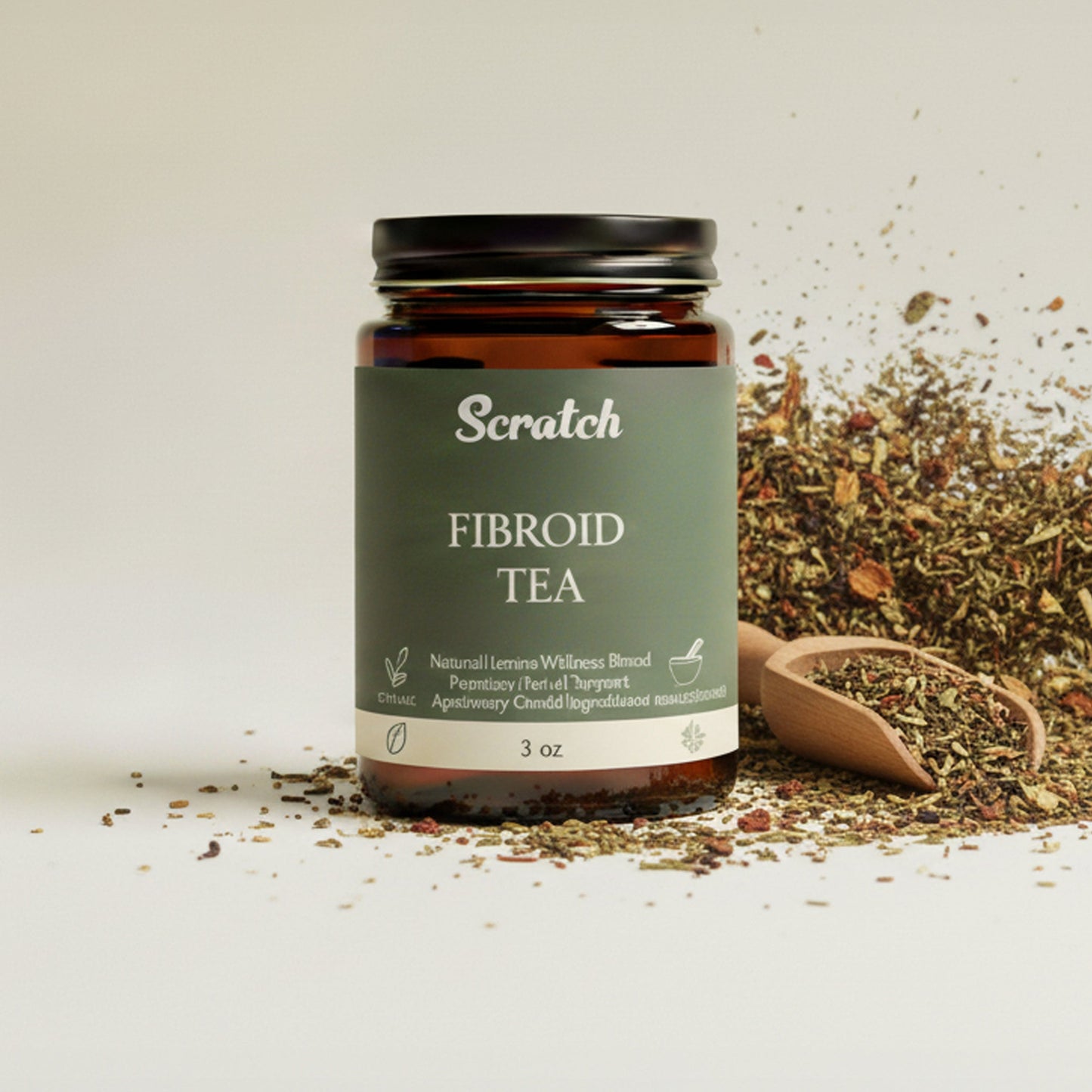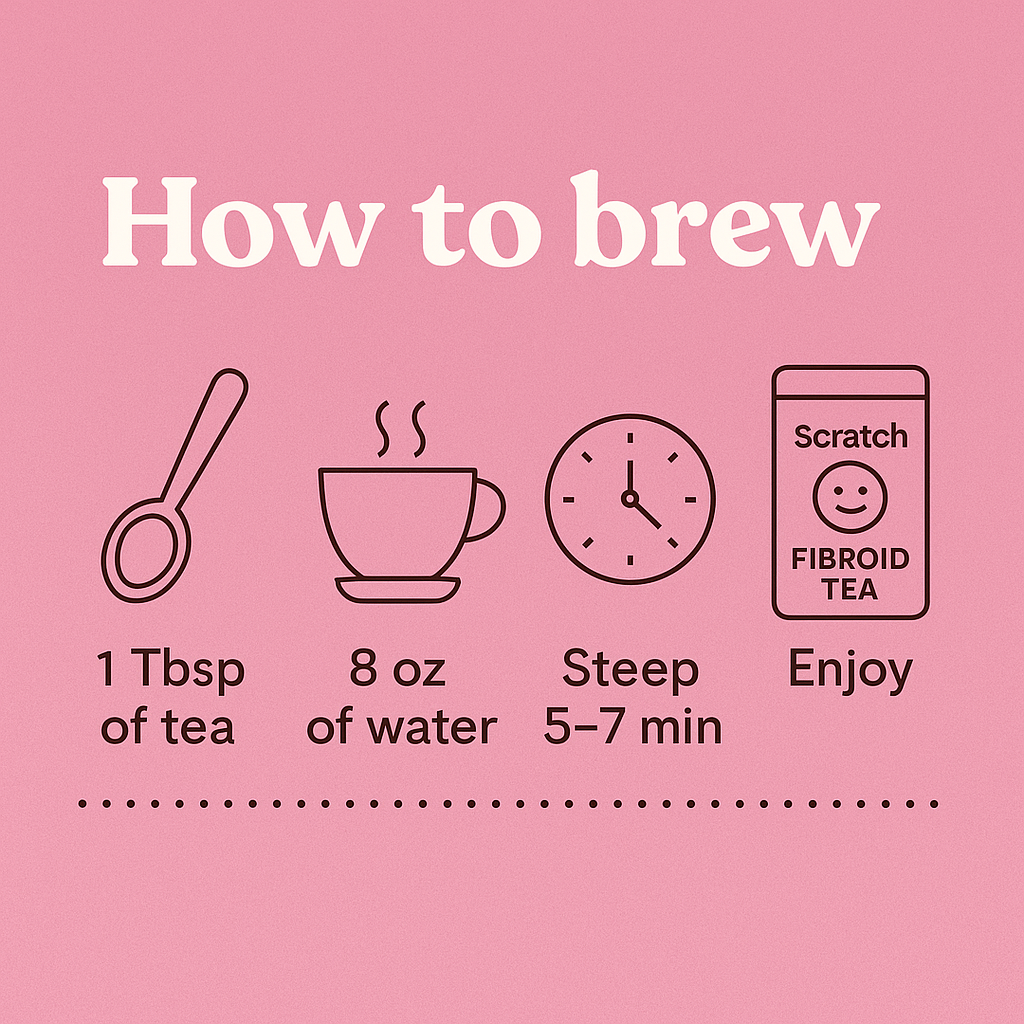Herb To Increase Fertility for Fibroids: Benefits, Safety, and How to Use
Uterine fibroids are common benign tumors of the uterus that can affect up to 70–80% of women by age 50. Not all fibroids impact fertility, but certain types—especially those that distort the uterine cavity (submucosal) or significantly change uterine shape—can make it harder to conceive or carry a pregnancy. Many people ask whether herbs can help shrink fibroids or boost fertility naturally. Here’s what the science says about benefits, safety, and how to use herbal options wisely.
Fibroids and Fertility: What We Know
Fibroids may contribute to infertility by altering the uterine cavity, affecting implantation, or increasing miscarriage risk in some cases. Treatment choice depends on fibroid size, number, and location, as well as your symptoms and reproductive goals. Evidence-based options that can preserve or improve fertility in selected cases include myomectomy (surgical removal of fibroids). Uterine artery embolization is generally not preferred for those actively trying to conceive. Always discuss your specific situation with an OB-GYN or reproductive endocrinologist.
Can Herbs Increase Fertility if You Have Fibroids?
Short answer: no herb is proven to increase fertility in people with fibroids. Some botanicals are being studied for symptom relief or for potential effects on fibroid biology, but rigorous trials showing improved pregnancy rates are lacking. If you choose to try an herb, think of it as a complementary approach that might support symptom management while you and your clinician pursue a fertility plan—never as a replacement for medical evaluation and evidence-based treatments when indicated.
Herbs and Botanicals Commonly Discussed
Green tea extract (EGCG)
What it is: Green tea contains catechins, notably epigallocatechin gallate (EGCG), with antioxidant and anti-proliferative properties.
What the research suggests: Small randomized and pilot studies have reported that green tea extracts standardized to EGCG may reduce fibroid volume and improve bleeding-related quality of life over a few months. However, these studies were small, and they did not assess fertility outcomes (such as conception or live birth). Larger, well-controlled trials are needed.
Safety: Concentrated green tea extracts have been linked to rare but serious liver injury, especially at higher doses or when taken on an empty stomach. Green tea also contains caffeine unless decaffeinated. If you choose a product, use it with food, avoid exceeding label doses, and stop immediately if you develop symptoms of liver trouble (fatigue, dark urine, yellowing of eyes/skin, right-upper abdominal pain). People with liver disease, those who drink significant alcohol, or those on medications processed by the liver should talk to a clinician before use.
How to use (practical tips): Choose a reputable, decaffeinated, standardized product from a brand that participates in third-party quality testing (USP, NSF, ConsumerLab). Research protocols vary, so do not exceed product directions. This is not advised during pregnancy; stop if you become pregnant.
Chasteberry (Vitex agnus-castus)
What it is: A traditional herb often used for premenstrual symptoms. It may affect dopamine and prolactin pathways.
What the research suggests: Some evidence supports chasteberry for cyclical breast pain and PMS. There is insufficient evidence that it shrinks fibroids or improves fertility in people with fibroids. Claims about “balancing hormones” are not substantiated by high-quality trials for fertility outcomes.
Safety: Possible side effects include nausea, headache, and skin reactions. It may interact with dopamine-related medications and potentially with fertility drugs or hormonal therapies. Avoid in pregnancy; discuss use if you are trying to conceive.
How to use (practical tips): If considering chasteberry for cycle symptoms, use only under clinician guidance when fertility is a goal, and discontinue once pregnant or if advised by your fertility team.
Turmeric/curcumin
What it is: A spice with anti-inflammatory properties; curcumin is its primary active compound.
What the research suggests: Lab studies show curcumin can influence pathways involved in cell growth, including in fibroid cells. Clinical evidence in humans with fibroids is minimal, and there are no convincing trials showing improved fertility outcomes.
Safety: Generally well tolerated in culinary amounts. Concentrated extracts can cause gastrointestinal upset and may interact with blood thinners and other medications. Use caution if you have gallbladder disease. Not advised during pregnancy without medical guidance.
How to use (practical tips): Prefer dietary turmeric as part of meals. If considering a supplement, consult your clinician, especially if you take anticoagulants or have gallbladder issues.
Other botanicals you may hear about
Resveratrol, milk thistle, and various proprietary blends are sometimes promoted for fibroids or fertility. Evidence in humans is limited or absent. Be especially cautious with multi-ingredient blends where safety and dosing are unclear.
Non-herbal Nutrition Note: Vitamin D
Vitamin D is not an herb, but low vitamin D status has been associated with higher fibroid risk in observational studies, and early clinical research suggests it may slow fibroid growth in some people. This does not equate to proven fertility benefits, but it’s reasonable to have your vitamin D level checked and supplement if truly deficient under medical guidance.
How to Use Herbs Safely if You Choose to Try Them
- Talk to your clinician first. If you are trying to conceive, have heavy bleeding, anemia, a history of miscarriage, liver disease, or take prescription medications (including fertility drugs, anticoagulants, or hormones), seek medical advice before starting any supplement.
- Do not delay indicated care. If your fibroids distort the cavity or you’ve had repeated losses or infertility, timely evaluation for surgical or other evidence-based options can be critical.
- Choose quality products. Look for third-party seals (USP Verified, NSF, or ConsumerLab). Avoid products making “cure” or “fertility guarantee” claims.
- Use one product at a time and follow the label. Start low, avoid stacking multiple herbs, and reassess after 2–3 months with your clinician.
- Watch for side effects. Stop and seek care for signs of liver problems (with green tea extracts), allergic reactions, severe GI upset, or menstrual changes that concern you.
- Pregnancy and breastfeeding. Most herbal supplements are not proven safe in pregnancy or lactation. Stop nonessential supplements when you confirm pregnancy unless your clinician advises otherwise.
When to Seek Medical Care
- Heavy periods, bleeding between periods, or symptoms of anemia
- Pelvic pain or pressure
- Infertility (trying to conceive for 12 months if under 35, or 6 months if 35+)
- Recurrent miscarriage
Bottom Line
No herb has been proven to increase fertility in people with fibroids. Green tea extract (EGCG) shows early, encouraging data for symptom relief and fibroid size reduction in small trials, but fertility benefits haven’t been demonstrated and safety—particularly liver health—requires caution. Chasteberry and turmeric are popular but lack robust evidence for fibroid-related fertility. If you choose to explore herbal options, do so with your clinician, select high-quality products, and avoid delaying treatments that are known to improve fertility outcomes for appropriate candidates.
Trusted Resources and References
- American College of Obstetricians and Gynecologists (ACOG). Uterine Fibroids: https://www.acog.org/womens-health/faqs/uterine-fibroids
- NIH National Center for Complementary and Integrative Health (NCCIH). Green Tea: https://www.nccih.nih.gov/health/green-tea
- NIH NCCIH. Chasteberry (Vitex agnus-castus): https://www.nccih.nih.gov/health/chasteberry
- NIH NCCIH. Turmeric: https://www.nccih.nih.gov/health/turmeric
- NIH Office of Dietary Supplements. Vitamin D Fact Sheet for Health Professionals: https://ods.od.nih.gov/factsheets/VitaminD-HealthProfessional/
- MedlinePlus (NIH/NLM). Uterine Fibroids: https://medlineplus.gov/uterinefibroids.html
- U.S. Food and Drug Administration (FDA). Dietary Supplements: https://www.fda.gov/food/dietary-supplements

